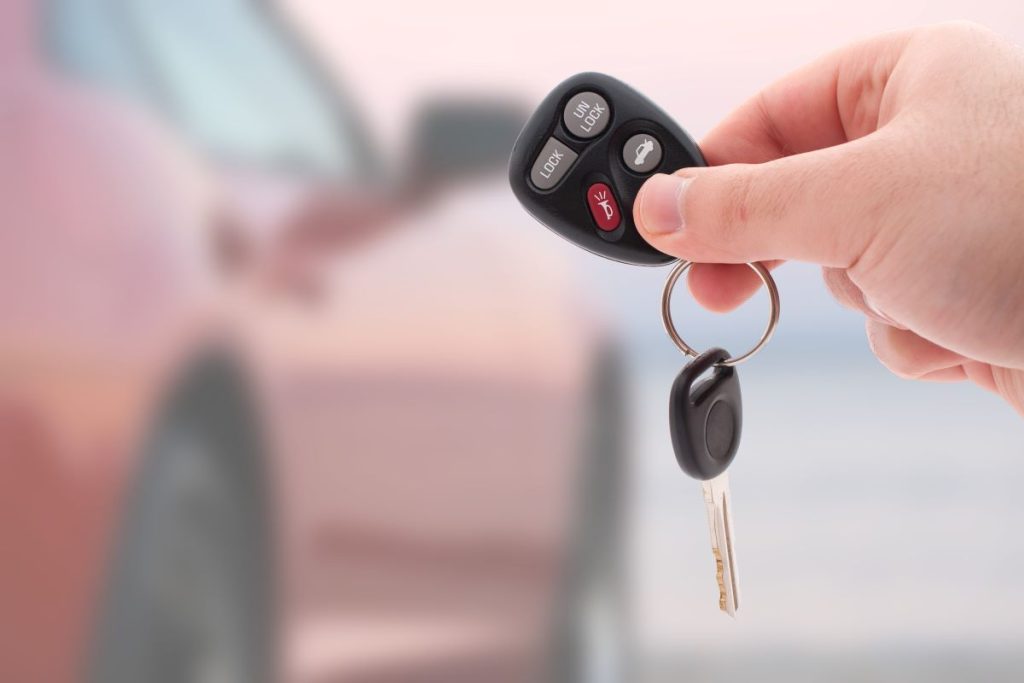Before 1975, consumers were simply out of luck if they purchased a defective vehicle. While the car may have been entirely unsafe to drive, the manufacturer was under no legal obligation to replace or refund the purchase price.
Thankfully, the Magnuson-Moss Consumer Warranty Act – known as lemon law – was enacted to hold manufacturers accountable for selling faulty products.
Lemon laws exist to protect consumers who have purchased a vehicle, under warranty, with significant defects. When cars qualify under lemon law, consumers may be entitled to a buyback (refund) from the manufacturer.
Each state has its own lemon laws, with different requirements that consumers must meet to pursue a claim. California lemon law – known as the Song-Beverly Consumer Warranty Act – has some of the most consumer-friendly regulations in the country.
This post will explain how to determine if your car qualifies as a lemon under California lemon law.
The Vehicle is Covered Under the Warranty
Although cars must be covered under the manufacturer or dealer warranty to qualify as a lemon anywhere, most states’ lemon laws only cover new vehicles. However, lemon law in California also applies to used cars – as long as they are covered by a dealership warranty or implied warranty of merchantability.
Most new vehicles come with a manufacturer’s warranty. These warranties typically last the first three years of ownership or before 36K miles accrue on the odometer – but this can vary by car brand.
Used vehicles purchased in California may come with an implied warranty of merchantability or a dealer warranty. Dealer warranties usually last for 30 days or before 1000 miles accrue on the odometer. Implied warranties can last up to a year.
If you buy a used car explicitly sold “as is” in the buyer’s guide, you won’t likely be able to pursue claims under California lemon law. “As is” means the car sale does not include warranty coverage. The buyer is responsible for all issues or defects with the vehicle once they drive it off the lot.
The Qualifications of California Lemon Law
Now, let’s discuss the qualifications your car must meet to be considered a lemon under California lemon law.
The Defect(s)
First, it must be proven that the defect is substantial and impairs the vehicle’s functionality, value, or usability to be considered a lemon.
This typically includes (but is not limited to) issues with the following components:
- Engine
- Transmission
- Electrical system
- Airbags
- Seat belts
- Steering
- Heating/cooling
- Headlamps
- Braking system
- Windows
Keep in mind: some vehicle components may not be viewed as “substantial”, such as faulty radio knobs or CD players.
Repair Attempts
The manufacturer must also be given a” reasonable number of repair attempts” to fix the issue before you can file a claim.
Under California Lemon law, a manufacturer is generally given at least two unsuccessful repair attempts on a defect before legal action can be taken. However, it can potentially be just one attempt if the problem is severe enough.
Most importantly, the vehicle MUST be taken to a manufacturer-certified facility for warranty repairs. Taking your faulty vehicle to the family mechanic can void the warranty and ruin your lemon claim.
Time in the Shop
The time your car spends in the shop can factor into whether your vehicle qualifies under California lemon law. If a vehicle is in the shop for 30+ total days for any number of repairs, it can be ruled a lemon.
So, it’s important to keep written documentation of the repair invoices that provide the total time spent in the shop. This can be used to support your claim.
Driver Abuse
As mentioned, a vehicle can only be ruled a lemon if the defect resulted from negligence in the factory – rather than risky driving (otherwise known as drivers abuse).
Driver abuse can include the following:
- Reckless driving & speeding
- Failing to keep up with routine maintenance
- Driving the vehicle in a flooded area or on harsh terrain
- A habit of braking too hard
Unfortunately, since the term driver abuse is so broad, it can be hard to prove that you, as the consumer, were not responsible for your vehicle’s defects. As a result, manufacturers will often claim driver abuse to deny your claim.
When to Reach Out to a California Lemon Law Lawyer
Most manufacturers have no intention of refunding consumers for selling a defective vehicle. As a result, they have all sorts of tricks to deter customers from seeking legal help.
Therefore, it’s recommended that consumers seek out a California lemon law attorney immediately and leave them to communicate with the manufacturer. A qualified attorney will know how to navigate through these obstacles and help you get the compensation you deserve.
The worst thing a consumer can do is wait too long before consulting with a lemon law lawyer. Waiting increases the risk of doing something that falls under the category of driver abuse and allows the manufacturer more opportunities to deny your claim.
Wrap Up
Contacting a qualified lemon law attorney right away if you believe you have a lemon is essential. The sooner you reach out, the better chance you have of receiving compensation from the manufacturer – and keeping them from denying your claim by pointing to driver abuse.
Author Bio
Brian K. Cline’s Lemon Law Legal Group provides premier legal services. Our California lemon law lawyers aggressively and ethically force vehicle manufacturers to buy back defective and dangerous vehicles. Our team includes experienced trial lawyers with over 40 years of combined trial experience.

